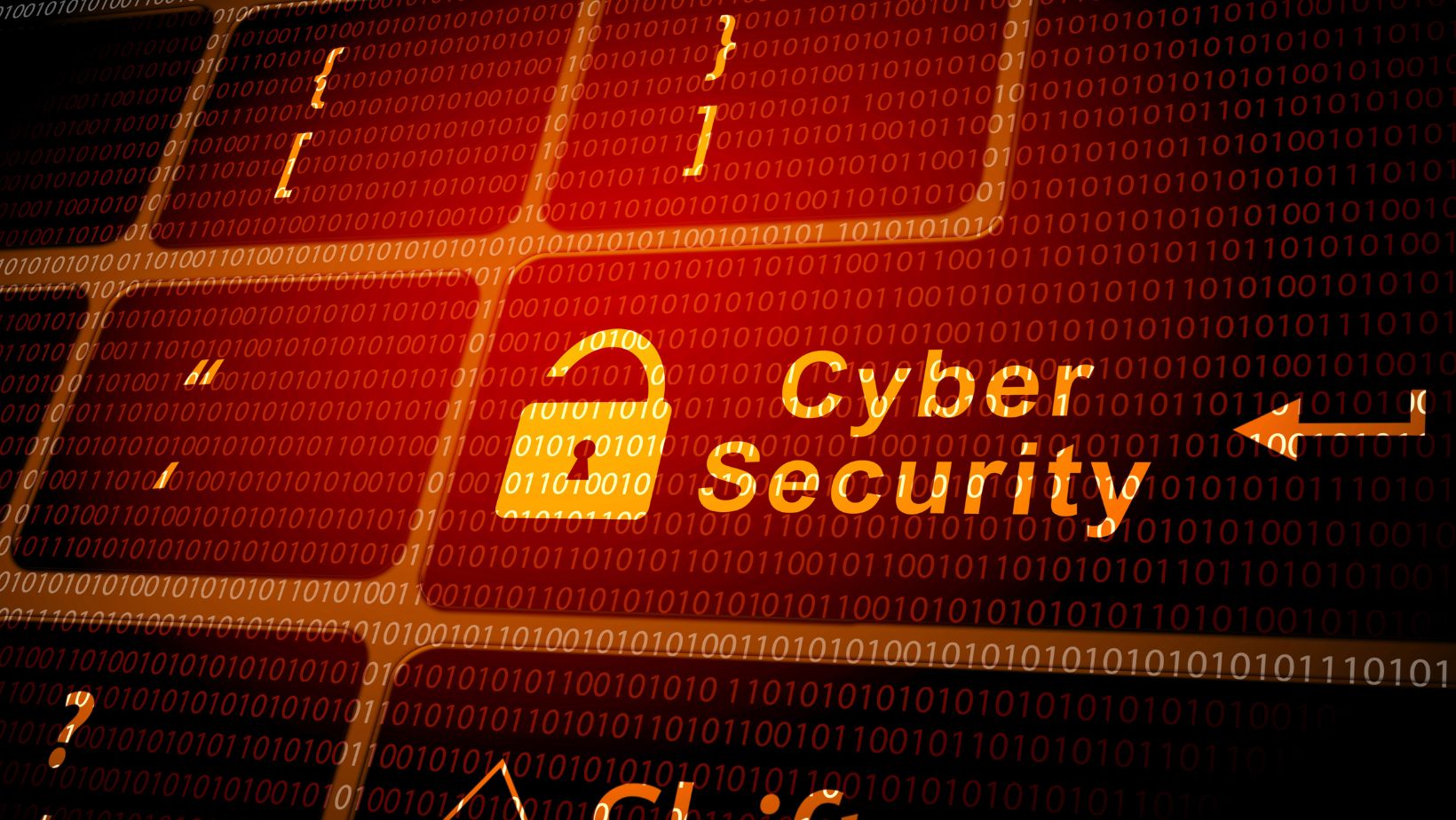All websites, regardless of their size, are under the threat of attack. The internet is unpredictable and sometimes harmful in cases of brute-force logins, massive DDoS attacks, etc. The positive aspect is that hosting companies have come up with robust layered systems to guard against such increasing threats to websites. They do not simply keep websites online, but keep them safe.
Why Website Security Depends on Hosting Providers
Every site has a background of interlacing servers, databases, and software in operation. In case there is any loophole in such a system, hackers take advantage of it. That is why hosting companies invest a lot of money in cybersecurity infrastructure. They are aimed at preventing unauthorized access, preventing data breaches, and ensuring websites continue operation even during attacks.
The security measures hosting companies use go well beyond standard antivirus tools. With real-time protection, smart access controls, and constant patching, websites can stay one step ahead of cyber threats. The result is a stable and responsive environment users can depend on.
This stability becomes a real advantage for industries built around convenience and entertainment. Platforms that offer VPN online gambling rely heavily on smooth performance and uninterrupted access, no matter where players connect from. A secure host helps ensure quick page loads, glitch-free gameplay, and reliable transactions.
Good hosting gives operators the freedom to focus on content, bonuses, and better gameplay—knowing their infrastructure is designed to keep running at its best.
Regular Updates and Security Patching
Among the most efficient and least complicated is the protection of regular updates. Hackers prefer to use old versions of software that have known vulnerabilities. The hosting providers will always be a step ahead and continue to upgrade the operating systems, control panels, and security frameworks.
It is not only about software. Updates of the hardware are essential as well. Routine maintenance to ensure servers and routers have the capability of meeting the current performance and security requirements is done by replacing or upgrading the servers and routers. Such a combination, new software and trusted hardware, is the basis of any secure hosting environment.
The Importance of SSL/TLS Encryption
When a site does not operate on HTTPS, the site is exposing information about the users. That is why the use of the SSL/TLS certificates is conventional. These codes encrypted the communication between the browser and the server of a visitor, converting sensitive information into incomprehensible code.
It is an encryption that thwarts interception attempts, such as man-in-the-middle attacks, in which hackers attempt to intercept information along the internet. Hosting companies typically have the feature of allowing the use of SSL certificates and personal information, as well as payment information remain confidential. It also counts credit with users, which search engines compensate for with an elevated rank.
DDoS Protection: Stopping Attacks Before They Start
A Distributed Denial of Service (DDoS) attack is an overload attack on a website that causes it to crash. To a small enterprise or a startup, such an attack can be fatal. In response, the hosting providers have sophisticated filter systems that examine incoming requests in real time.
Such systems are able to distinguish between a legitimate visitor and a botnet that intends to overload the server. Suspicious traffic is redirected or blocked, whereas legitimate users are not deterred and keep on browsing. It is also possible to find providers that provide scalable infrastructure that automatically reallocates the load to multiple servers whenever there is a massive burst of activity, further minimizing the effect.
Firewalls and WAFs: The First Line of Defense
The use of the firewall system in internet defense has a long history, but the new Web Application Firewalls (WAFS) are a whole new level. They screen and check all the incoming information, filtering out anything that appears suspicious.
That encompasses SQL injection or cross-site scripting, or brute-force password cracking. The beauty about a WAF is that it is a learner on its own-the more attacks a WAF has had, the smarter it becomes. The hosting companies maintain these firewalls in the latest and finely-tuned state, providing the websites with a dynamic form of protection that is 24/7 operational.
Real-Time Monitoring and Threat Detection
Cybersecurity is not a plug-and-play system. Monitoring tools are installed in host companies that continuously search for abnormalities- such as an unexpected increase in traffic, unauthorized modifications of files, or unknown IP addresses accessing the host.
The alerts are raised immediately when something appears wrong. Security teams are then able to take instant action, and in many cases, prevent an attack before it can reach the users or even cause harm to the website. Other providers go as far as applying machine learning algorithms to forecast possible attacks on the basis of the behavioral patterns traced on their networks.
Automated Backups and Disaster Recovery
No system can be totally immune despite the best precautions. This is why it is important that there are backups. Hosting providers do automatic, periodic backups whereby copies of the web content, databases are taken to safe and distant places.
In case of compromise of a site or loss of data by hardware failure, these backups can be reinstated quickly, with ease, in a few minutes. Several hosts are also providing users with control of the frequency of the backups and the storage location. Such redundancy will mean that even when a major cyber incident hits, it will not be a permanent loss.
Access Control and Authentication
The issue of the security of a site is often reduced to access. One of the simplest methods through which hackers can compromise is through the creation of weak passwords and the use of weak authentication theories, which hosting providers overcome by implementing more robust authentication frameworks, like two-factor authentication (2FA), to control panels, FTP accounts, and CMS logins.
The other key measure is account isolation, particularly among shared-hosting environments. Each of the accounts is independent, i.e,. When one account is compromised, it cannot influence other accounts on the same server. There are also some providers who enable IP whitelisting, which permits only approved addresses to be accessed- a feature that is particularly handy when a group of people are dealing with sensitive data.
Using CDNs for Extra Protection and Performance
A Content Delivery Network (CDN) doesn’t just make websites load faster. It also spreads the site’s content across multiple servers around the world. If one server is attacked, others take over automatically, keeping the site online.
By decentralizing the delivery of content, CDNs reduce the risk of targeted attacks and absorb traffic spikes that could otherwise overwhelm a single server. Hosting providers often partner with major CDN services to offer this protection as part of their security suite.
This global distribution also improves user experience, pages load faster regardless of where visitors are located, and legitimate traffic gets priority even during attempted disruptions.
Layered Defense: The Power of Combining Systems
What makes hosting providers effective isn’t just one tool or strategy, it’s the combination of all of them. Each layer of defense covers the gaps of another. For example, a firewall might stop most attacks, but if something slips through, real-time monitoring can catch it. If an attack causes data loss, backups bring everything back.
This layered approach makes it extremely difficult for attackers to find a single weak point.
Why Website Owners Should Care
Many website owners assume their hosting provider handles everything related to security. While that’s mostly true, users still play a part. Choosing strong passwords, keeping plugins and themes updated, and avoiding unsafe uploads can make the provider’s job easier.
But overall, the infrastructure and preventive systems that hosting companies offer provide a solid foundation. Whether you’re managing a small blog, a corporate site, or a crypto platform where financial transactions take place, these protections make a real difference.
Final Thoughts
Cyber threats evolve constantly, but so do the defenses built to stop them. Hosting providers are not only the backbone of website performance but also the first responders in the face of digital attacks.
Their ongoing efforts form an ecosystem where safety and reliability go hand in hand. For website owners and users alike, knowing that these protections exist brings peace of mind and stability to an otherwise unpredictable online world.


